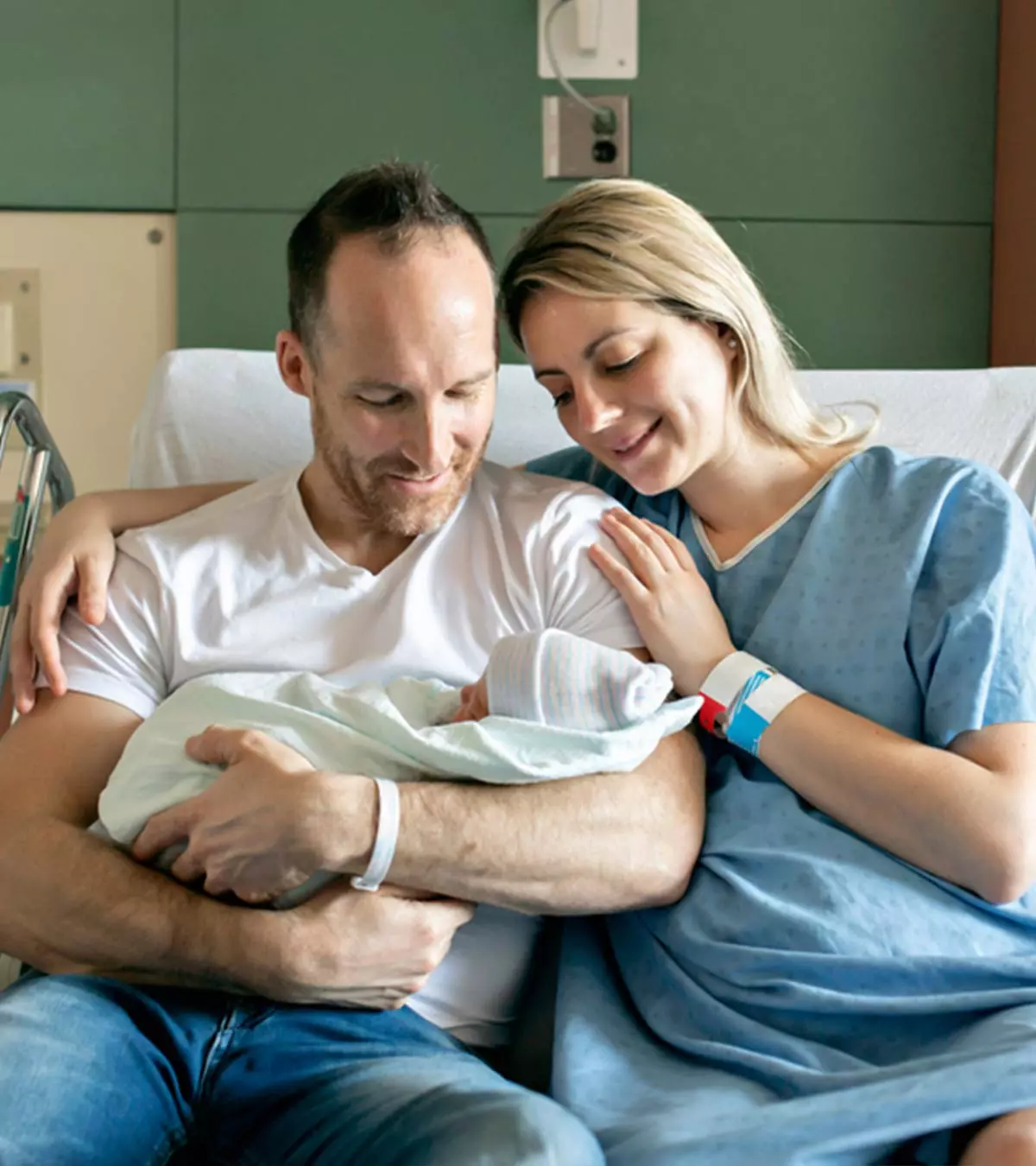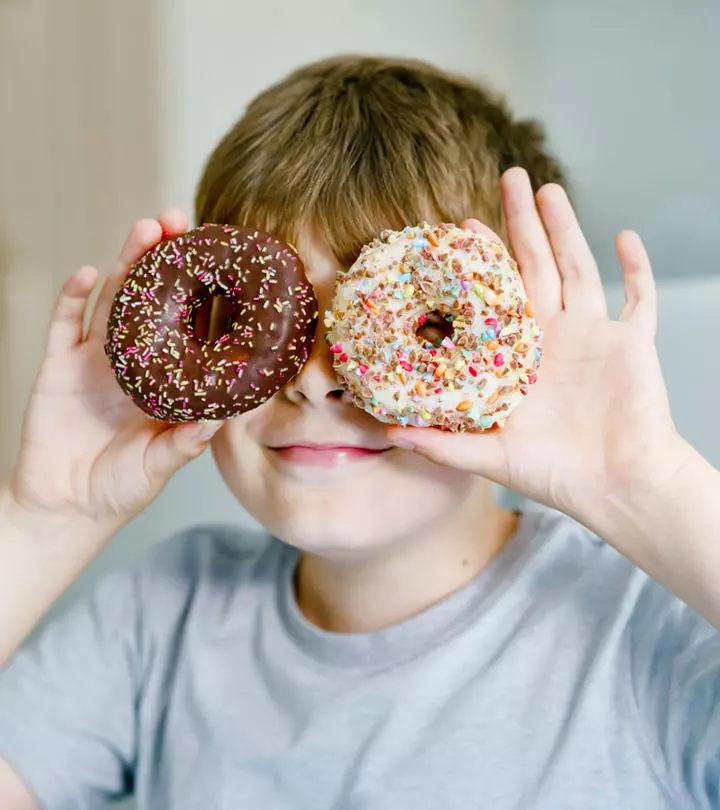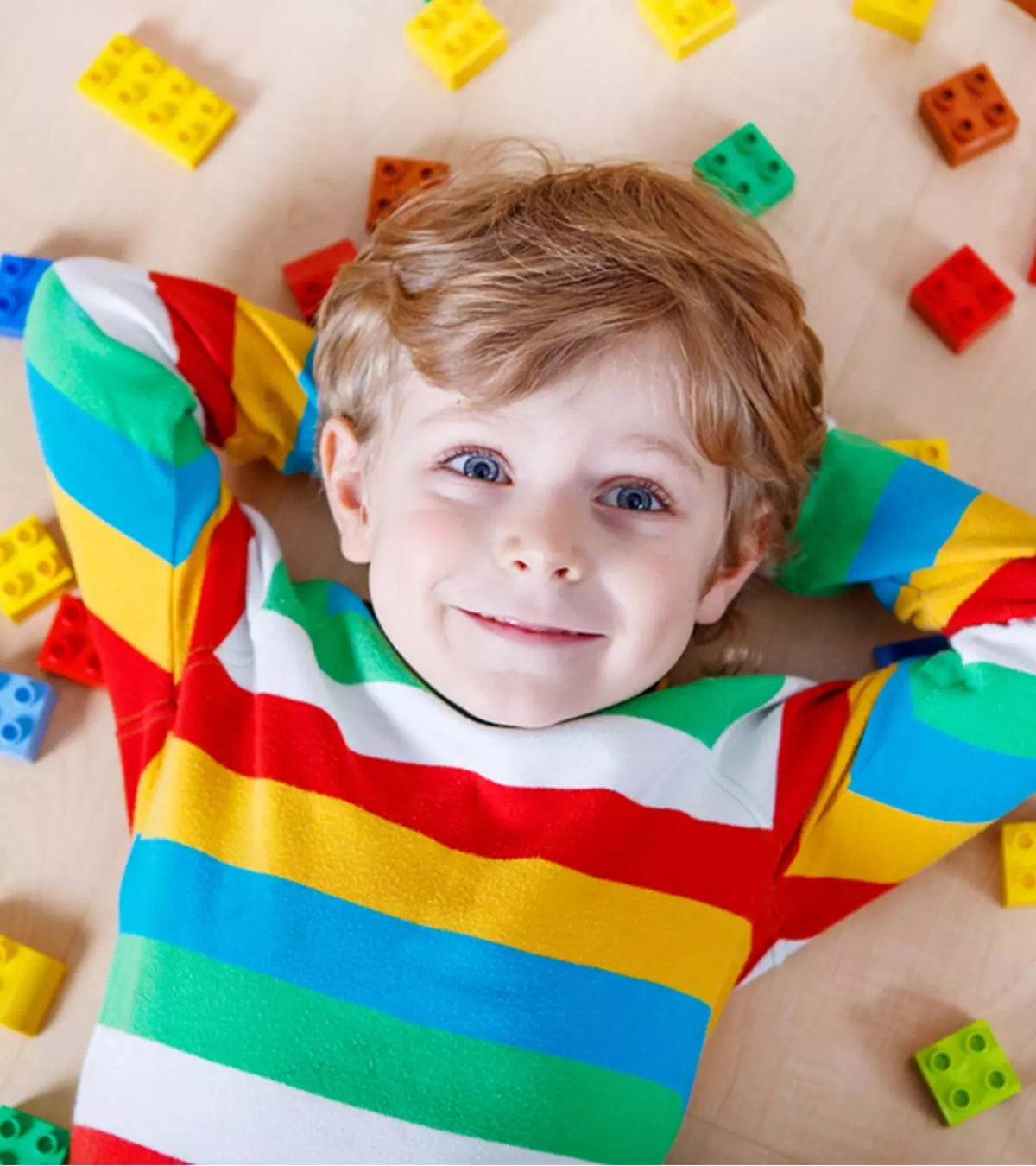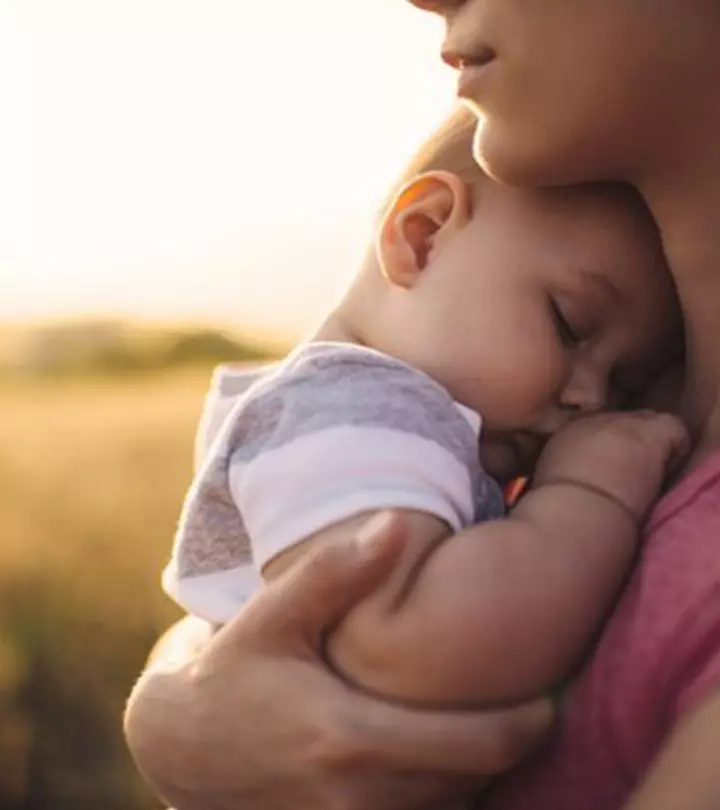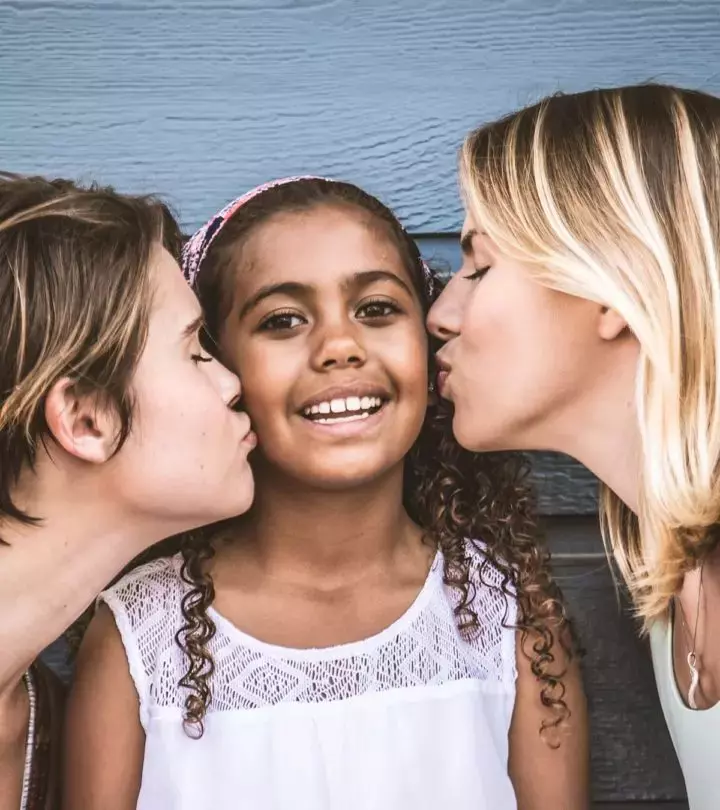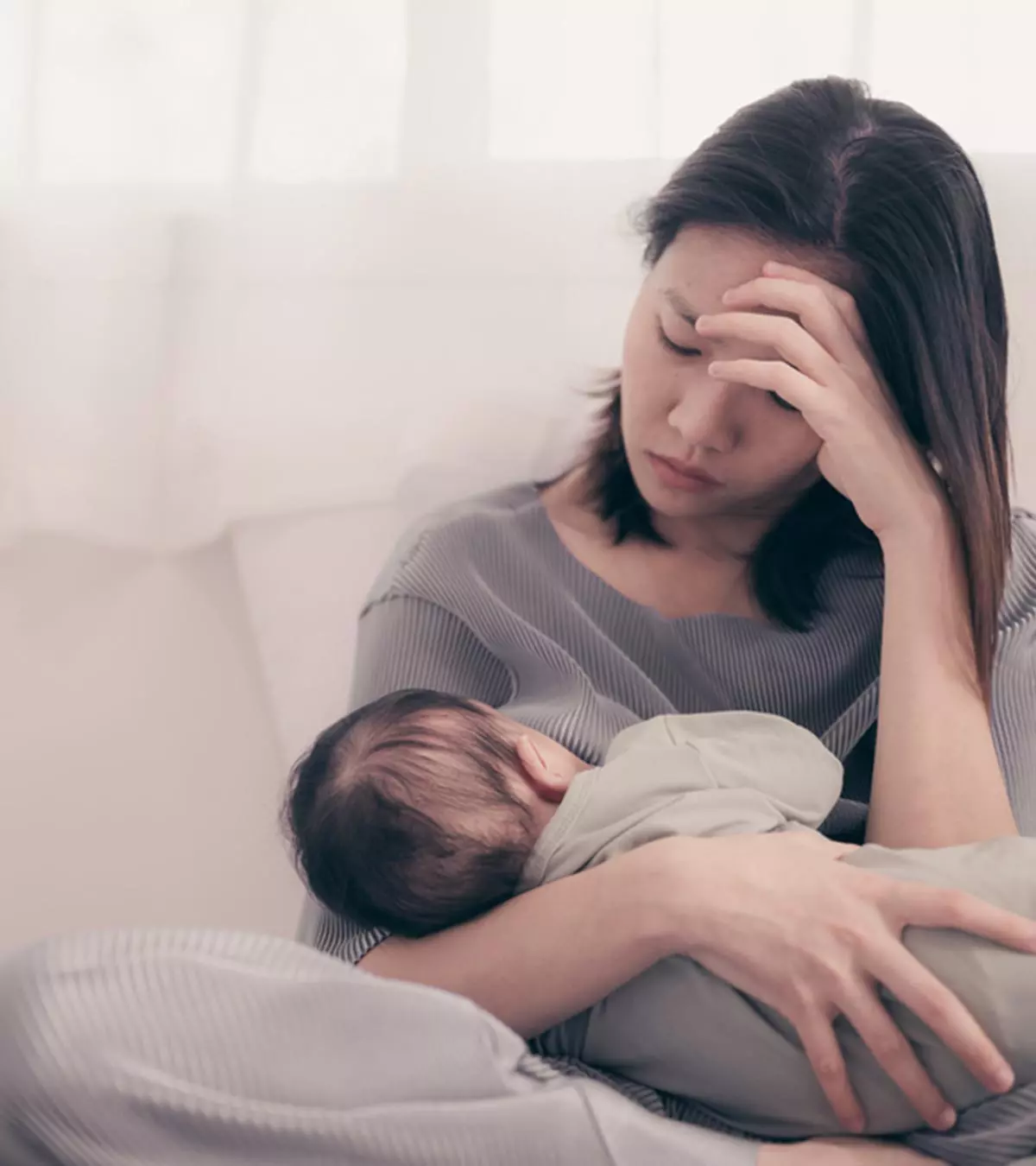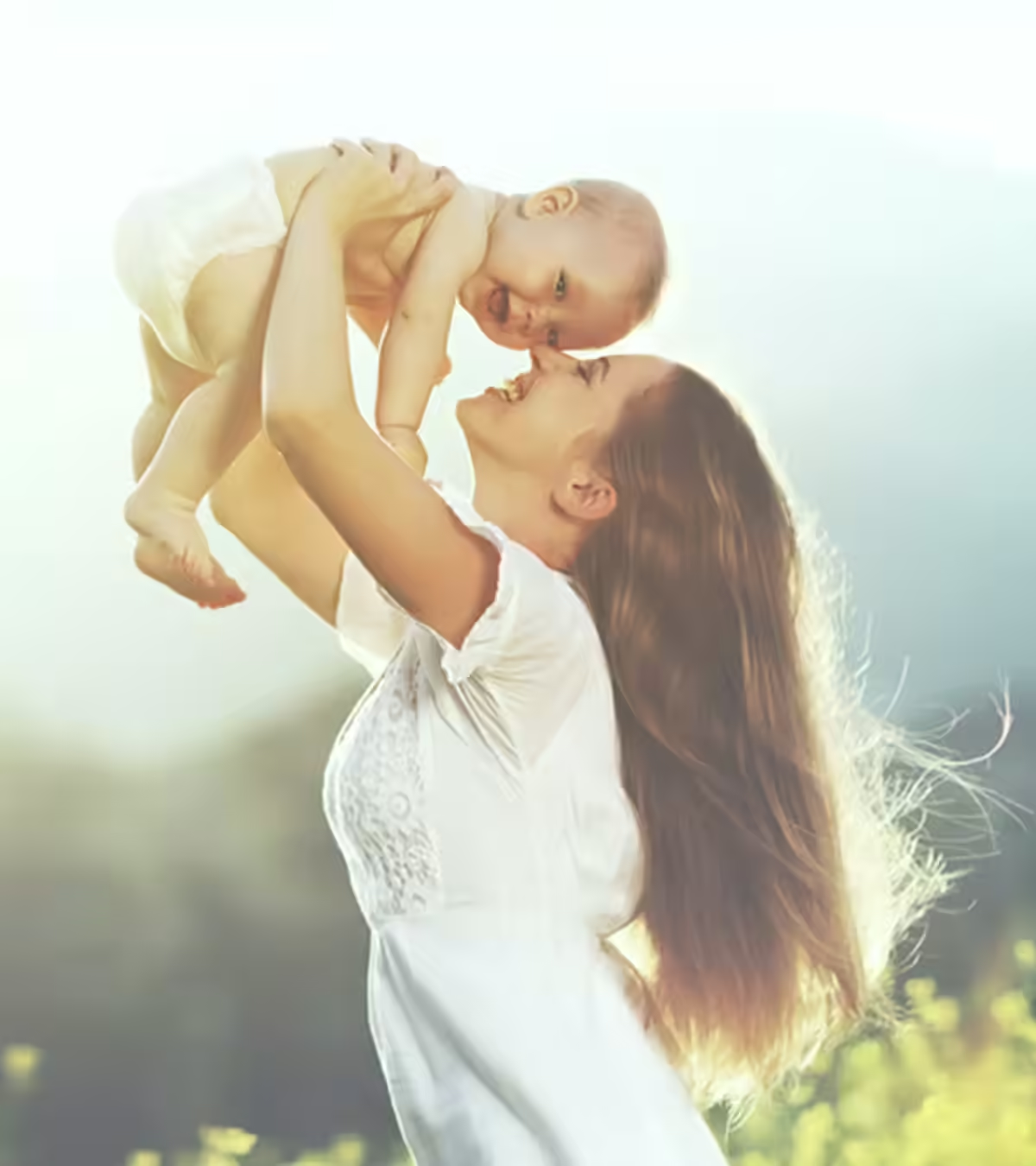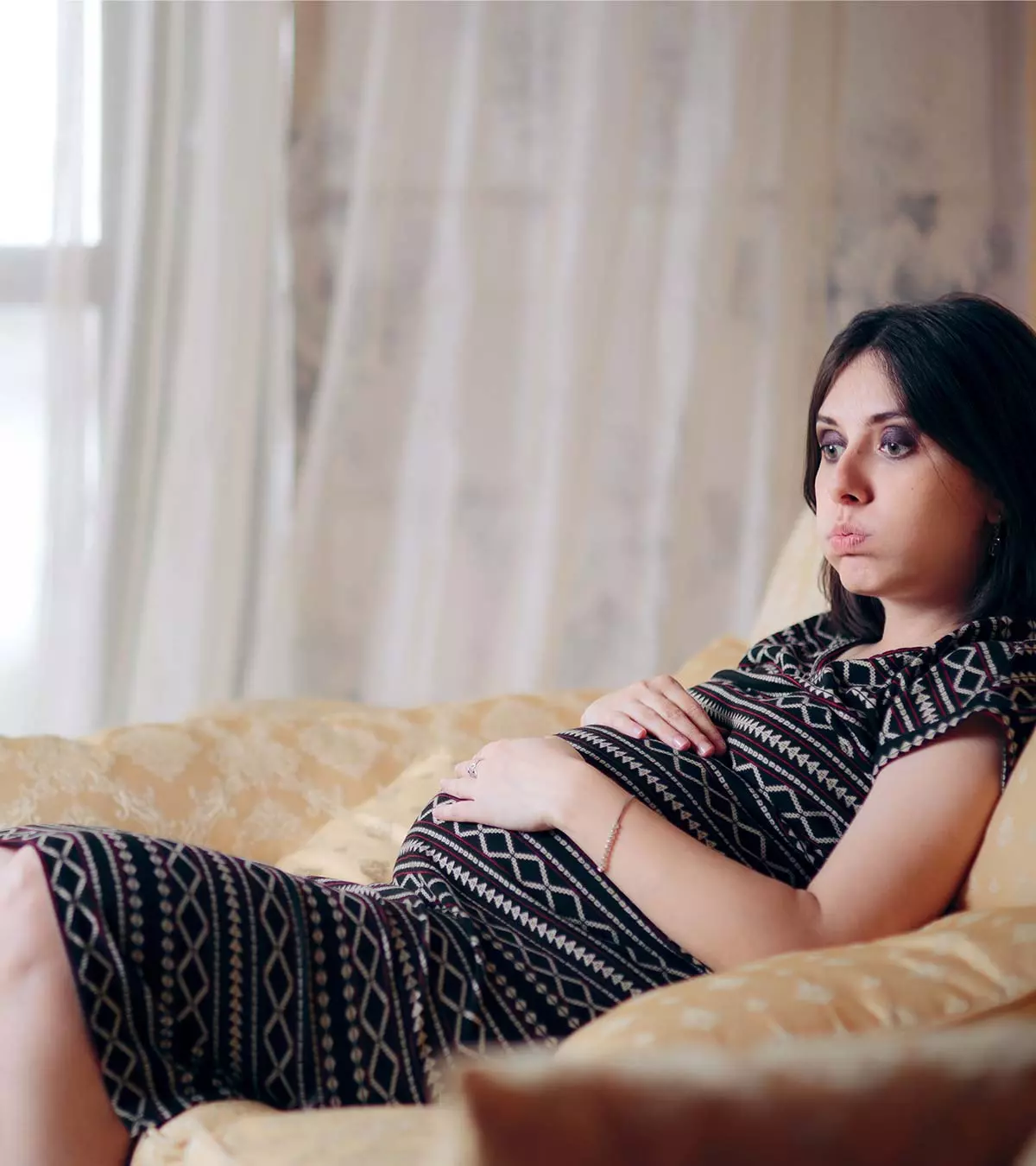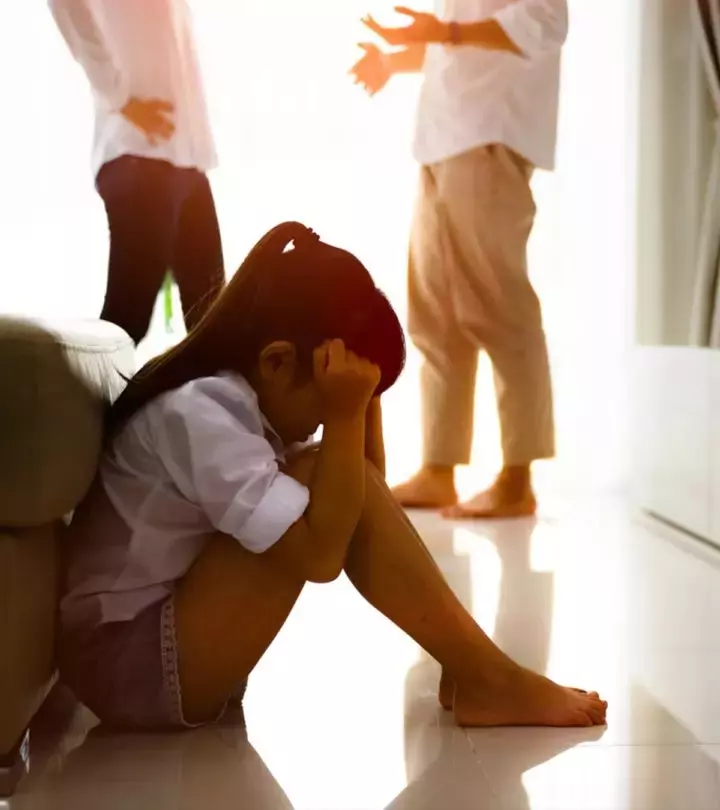
Image: iStock
Divorce or separation is a hard time for families. Separation of parents can impact children deeply. This is especially true for younger children and adolescents. Children don’t fully grasp the situation and face trauma and depression during this period. Many times parents disagree over the custody of their children. This often leads to children having to take the side of one of their parents and this can take an emotional toll on them. Children resort to self-blame in such situations which deeply affect them in their younger years, leading to behavioral and psychological issues in the future (1).

Stanford psychologist Ian H.Gotlib’s research has shown that stress in the early years resulting from parental separation affects a child’s emotional well-being. As he discusses the downsides, he highlights that this affects their learning of life skills that help them cope with hardships as adults. Children have also shown a higher rate of suicidal and depressive tendencies with the uncertainty surrounding their parents’ lives and their own. This is because young kids depend on their parents for protection and emotional health, which may collapse when they are abandoned (2).
Let’s dive in and learn more about how parental separation can impact children:
What Role Do Parents Play In Helping Their Children Acquire Social Skills?

Image: Shutterstock
It is beyond any doubt that the early years of a child are almost totally shaped by their parents. From the first gestures to the gradual uttering of words, children look up to their parents for guidance. Children often absorb and mimic the body language as well as the idiosyncrasies of their parents. In addition to acquiring basic communication skills, children also depend on their parents in learning:
- To express their emotions
- The intricacies and nuances of daily communication
- To deal with anger and frustration
- To form friendships and social bonds
When parents separate, the child’s normal development gets disrupted. The emotional and physiological support which is usually there disappears which can lead to long-term physical and emotional health consequences.
How Does Communication With Parents Impact A Child’s IQ?

Image: IStock
To develop cognitively, a child needs to inculcate practical communication skills: especially expressive language and vocabulary. In addition to the child’s socioeconomic condition, their maternal or caregiver interactions shape how they communicate. The higher the interactions between a child’s parents, the greater the number of words they learn. This has important consequences for their IQ measures. Children of parents who have warm and more accepting communication have reported higher vocabularies, significantly contributing to their language development (3). As such the onus lies on the parents to engage and encourage their children to communicate more.
How Do Parents’ Communication Styles Affect Children Psychologically?
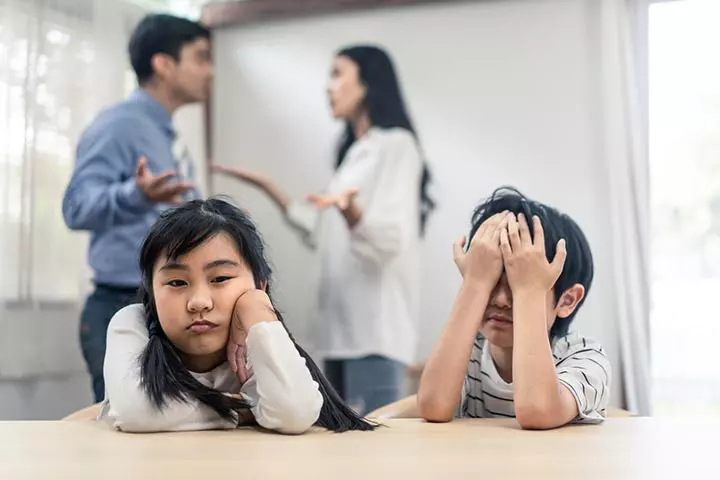
Image: IStock
In research conducted on 180 families with children aged between 15-22 years, it has been observed that children with parents who are less competent in their communication styles also seem to struggle in their communication. They showed a higher level of cortisol which is related to stress formation during social interactions. As cortisol levels rise, it negatively impacts brain development, slowing neuronal growth and reducing volumes of critical brain structures like the hippocampus. On the other hand, children with parents who were comparatively better at articulating themselves and engaged more fared better in social communication and interactions (4).
A study published by the American Sociological Review confirms that children of separated or divorced parents are likely to fall behind their peers in interpersonal social skills. As social anxiety escalates, such children are prone to have difficulty retaining friends and even partners of the opposite gender. They are vulnerable to sadness, lack of self-esteem, and loneliness, which impacts how they communicate, failing to express themselves effectively and without inhibitions (5).
What Symptoms Do Children Of Separated Parents Exhibit?
An unstable environment that stems from marital discord exposes children to unhealthy conversations resulting in detrimental psychological impacts (5). Here is how children may react to their parents’ separation:
- Imitating Parents’ Behavior
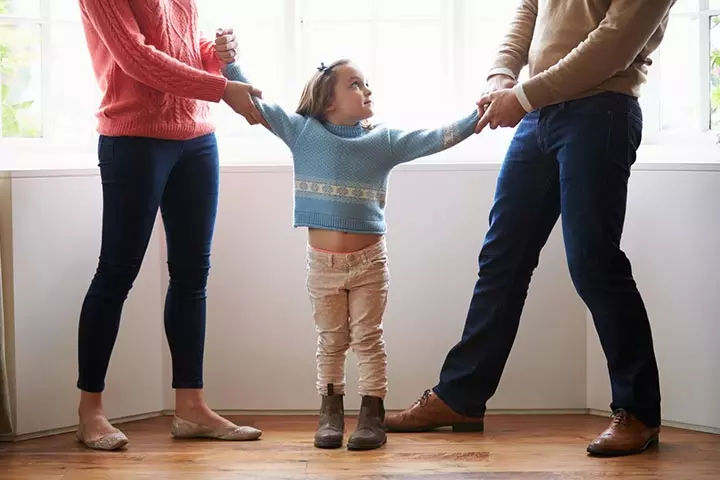
Image: IStock
Children mimic what they see around them. Being the most critical primary role models, parents significantly impact children by their spousal interactions and with their children. When parents separate and do not positively influence a child’s communication styles or patterns, it affects how they perceive relationships. When kids grow up to face the world, their adult relationships too reflect what they learn in the early years. So, the child either copies the parents’ behavior or tries to avoid making the mistakes of their parents in future relationships. It has also been documented that children of divorced parents are likely to be divorced as adults (6).
- Development Of Separation Anxiety

Image: IStock
As parental separation leads to a major life transition for children, they are likely to react to it differently. This could show up in the form of regressive or rebellious behaviors, which impact their academic performance. It may give rise to anxiety issues in children. Children struggle with forming intimate relationships if exposed to mood disturbances or high conflict among parents. High conflict behaviors between the parents, especially around the time of separation, can cause fear and anxiety to the child (7). Other long-term psychological impacts of parental separation have been noticed among children of separated parents like schizophrenia and bipolar disorder, as confirmed by researchers from the Johns Hopkins Bloomberg School of Public Health (8).
Parental separation can be a challenge for children. As abandonment issues generate feelings of blame, guilt, shame, distress, it is essential to mitigate these problems so that their well-being does not suffer in the long run. Looking after kids who have witnessed family separation is fundamental to improving their coping mechanisms and reducing stress. Parents should make efforts to have open communication with their kids, allow them an open space to express their concerns and support them lovingly as they go through the process of separation. This will help build a better relationship between separated parents and the child in the future. What are your opinions on nurturing children who witness parental separation? Do share with us in the comments section below!
References
- The Role of Self-Blame in Children’s Adjustment to Parental Separation
https://journals.sagepub.com/doi/10.1177/0146167293193004 - Separation From Parents Removes Children’s Most Important Protection And Generates A New Trauma, Stanford Scholar Says
https://news.stanford.edu/2018/06/26/psychological-impact-early-life-stress-parental-separation - Assessing The Effects Of Parent-child Interactions On Child Communication Skills
https://dr.lib.iastate.edu/cgi/viewcontent.cgi?referer=&httpsredir=1&article=2156&context=etd - The Influence of Divorce and Parents’ Communication Skills on Adolescents’ and Young Adults’ Stress Reactivity and Recovery
https://journals.sagepub.com/doi/abs/10.1177/0093650213509665?journalCode=crxa - The Effects of Divorce and Marital Discord on Adult Children’s Psychological Well-Being
https://www.jstor.org/stable/3088878 - Conflict or Divorce? Does Parental Conflict and/or Divorce Increase the Likelihood of Adult Children’s Cohabiting and Marital Dissolution?
https://www.tandfonline.com/doi/abs/10.1080/01494929.2015.1095267?journalCode=wmfr20& - The Impact Of Family Structure On The Health Of Children: Effects Of Divorce
https://www.ncbi.nlm.nih.gov/pmc/articles/PMC4240051/ - A Population-based Study Of The Risk Of Schizophrenia And Bipolar Disorder Associated With Parent–child Separation During Development
https://www.cambridge.org/core/journals/psychological-medicine/article/abs/populationbased-study-of-the-risk-of-schizophrenia-and-bipolar-disorder-associated-with-parentchild-separation-during-development/2692930C93FA6C9B5C6E1C5BBB476AE4
Community Experiences
Join the conversation and become a part of our nurturing community! Share your stories, experiences, and insights to connect with fellow parents.

